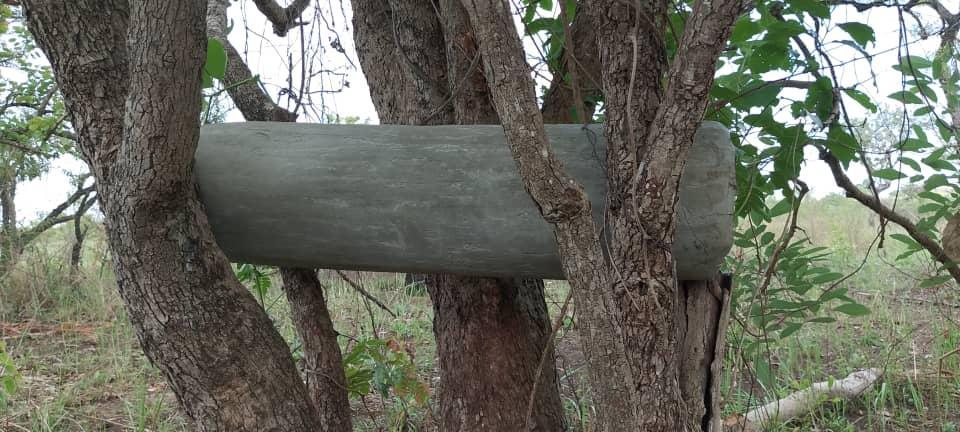Africa-Press – South-Sudan. Director for Media at South Sudan’s Ministry of Wildlife Conservation and Tourism, Colonel Charles Laku, on Tuesday called on communities of Pageri and Loa Boma of Magwi County of Eastern Equatoria State to embrace beekeeping as an alternative source of livelihood.
The call comes after an elephant invasion left dozens of households in Pageri and Loa payams reeling from severe crop destruction, deepening fears of food insecurity.
Colonel Charles Laku, who doubles as the ministry’s spokesperson, encouraged communities to embrace beekeeping as a natural deterrent and a sustainable means of livelihood.
“The best way to chase these elephants is through beekeeping. You hang beehives in strategic lines where elephants usually pass. The bees scare them off without harm, and the community also benefits from honey production,” Laku told Sudan Post in an interview on Tuesday.
He stated that elephants are currently occupying buffer zones, encouraging the communities to use other indigenous deterrents, including chili bombs, chili ropes, and loud sounds to safeguard their crops.
“Chili bombs are effective. You mix elephant dung with chili, dry it, and burn it around your farm. The smell deters the elephants,” he explained.
Over 60 families in Pageri and neighboring Loa have reportedly suffered significant crop losses due to elephant invasions, further worsening the already fragile food situation in the area.
Luku attributed the elephant migration to inadequate food within Nimule National Park, forcing the animals to move into nearby farms in search of food.
He appealed to non-governmental organizations to support affected communities by empowering them with skills and knowledge to venture into beekeeping initiatives as alternative means of livelihood.
“These communities can live in harmony with the elephants. What’s needed is awareness and support to implement practical solutions,” he noted.
For long-term mitigation, the ministry is exploring the possibility of physically demarcating park boundaries through the construction of trenches—an approach known to effectively prevent elephant crossings, he said.
“When funds become available, we will dig trenches along park borders. Elephants don’t cross trenches, so this will keep them inside protected areas.”
He encouraged the communities to adopt available local methods to protect their livelihoods from wild animals.
For More News And Analysis About South-Sudan Follow Africa-Press






